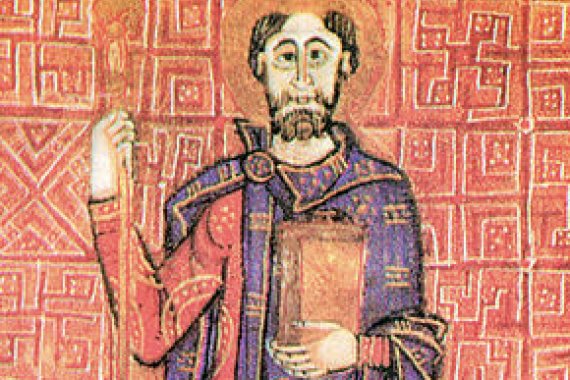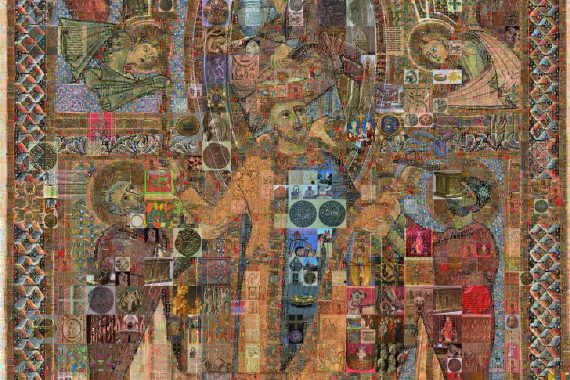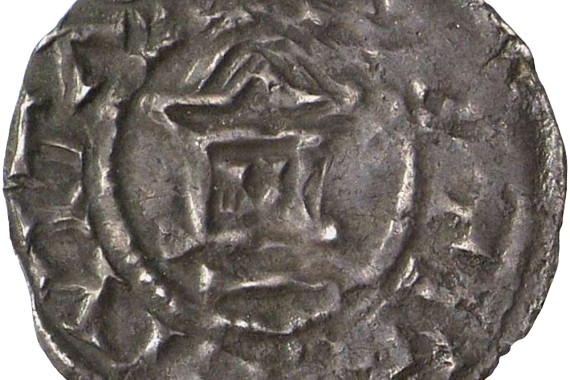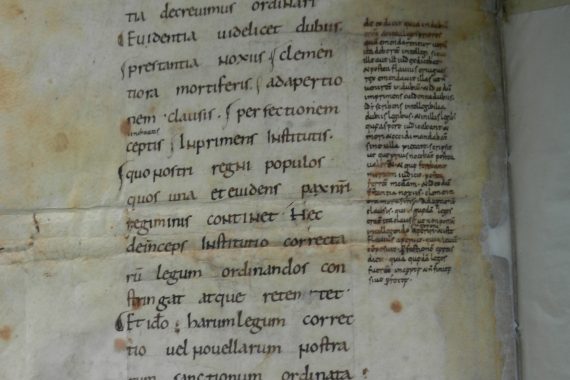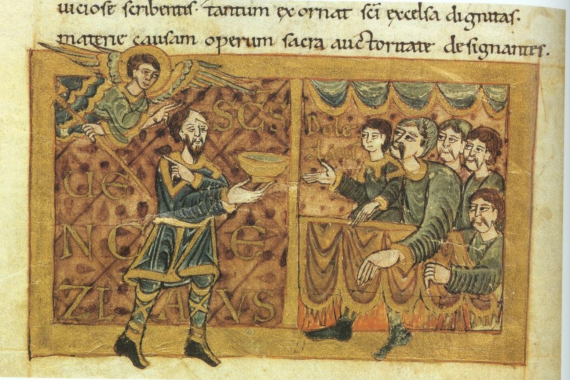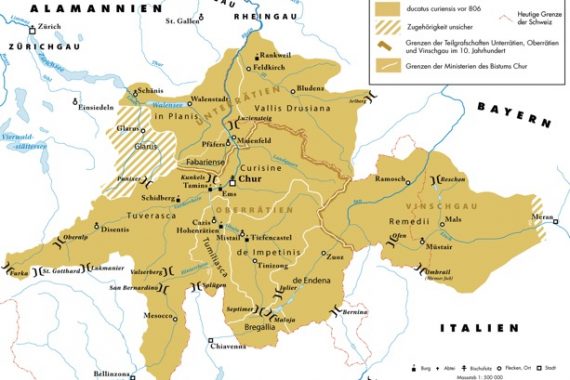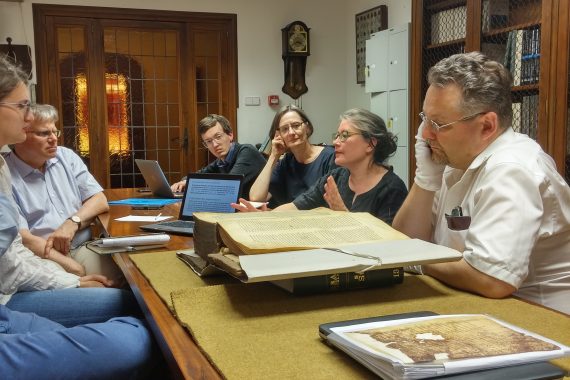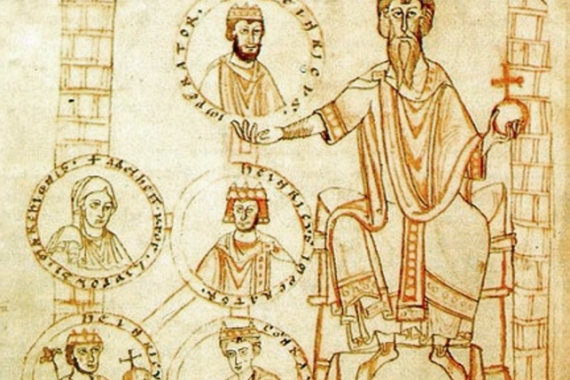Henry the Wrangler and The Decrees of Ranshofen
Our scene unfolds around the year 990 at Ranshofen. The Duke of Bavaria, Henry II, known as ‘the Quarrelsome’/’the Wrangler’, had summoned the most important bishops and counts of his territory. There, he issued a remarkable series of decrees. The text survives in a manuscript produced at Freising and was copied into it before 994,…

